Reducing Carbon Footprint
Much of the UK’s agricultural land is marginal grassland, unsuitable for uses other than livestock grazing. Ruminants (like cattle and sheep) are the only species able to transform marginal grasslands, which have few alternative uses, into food.




